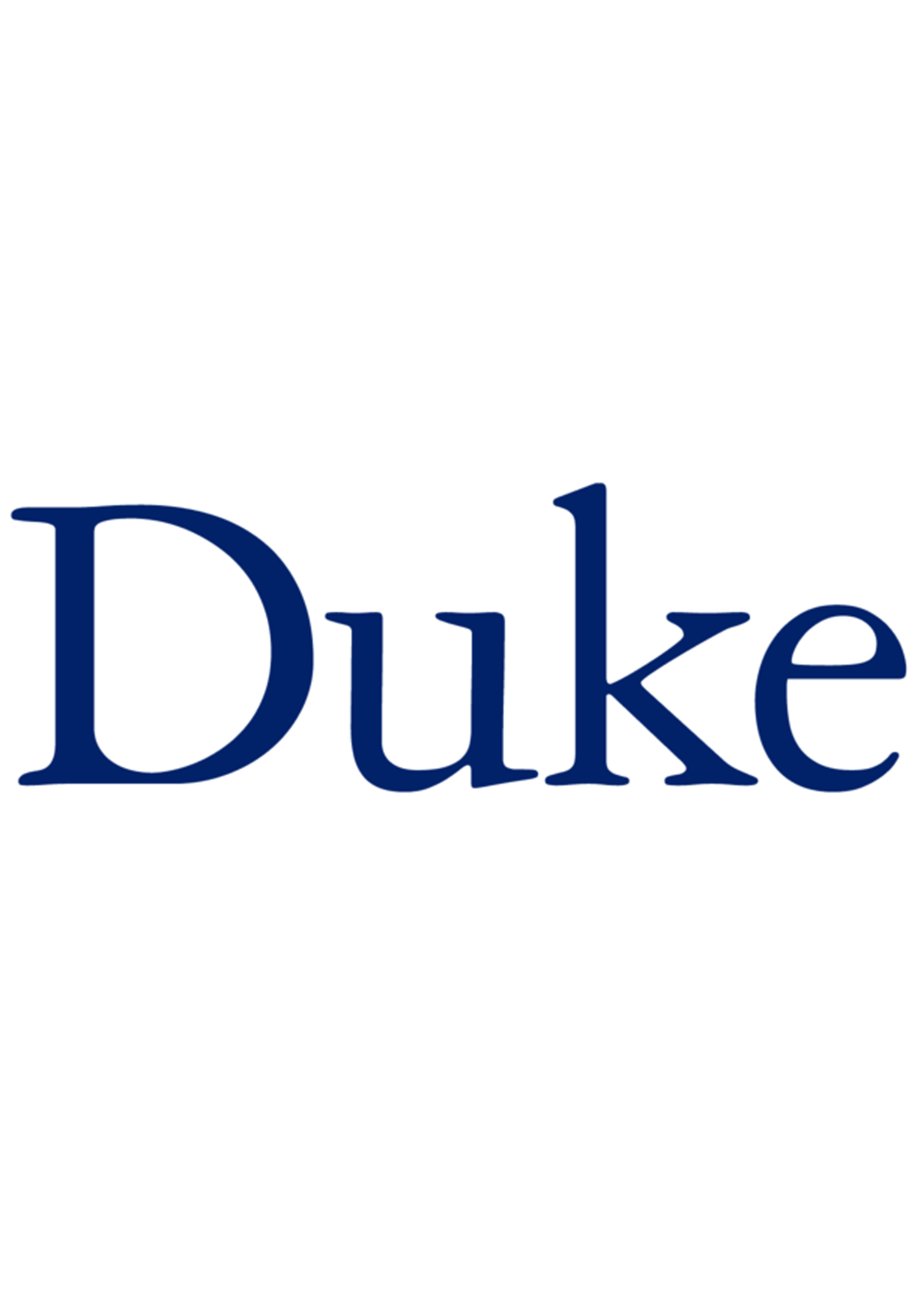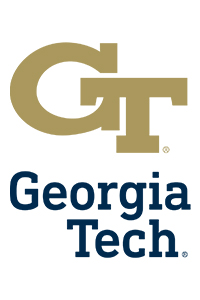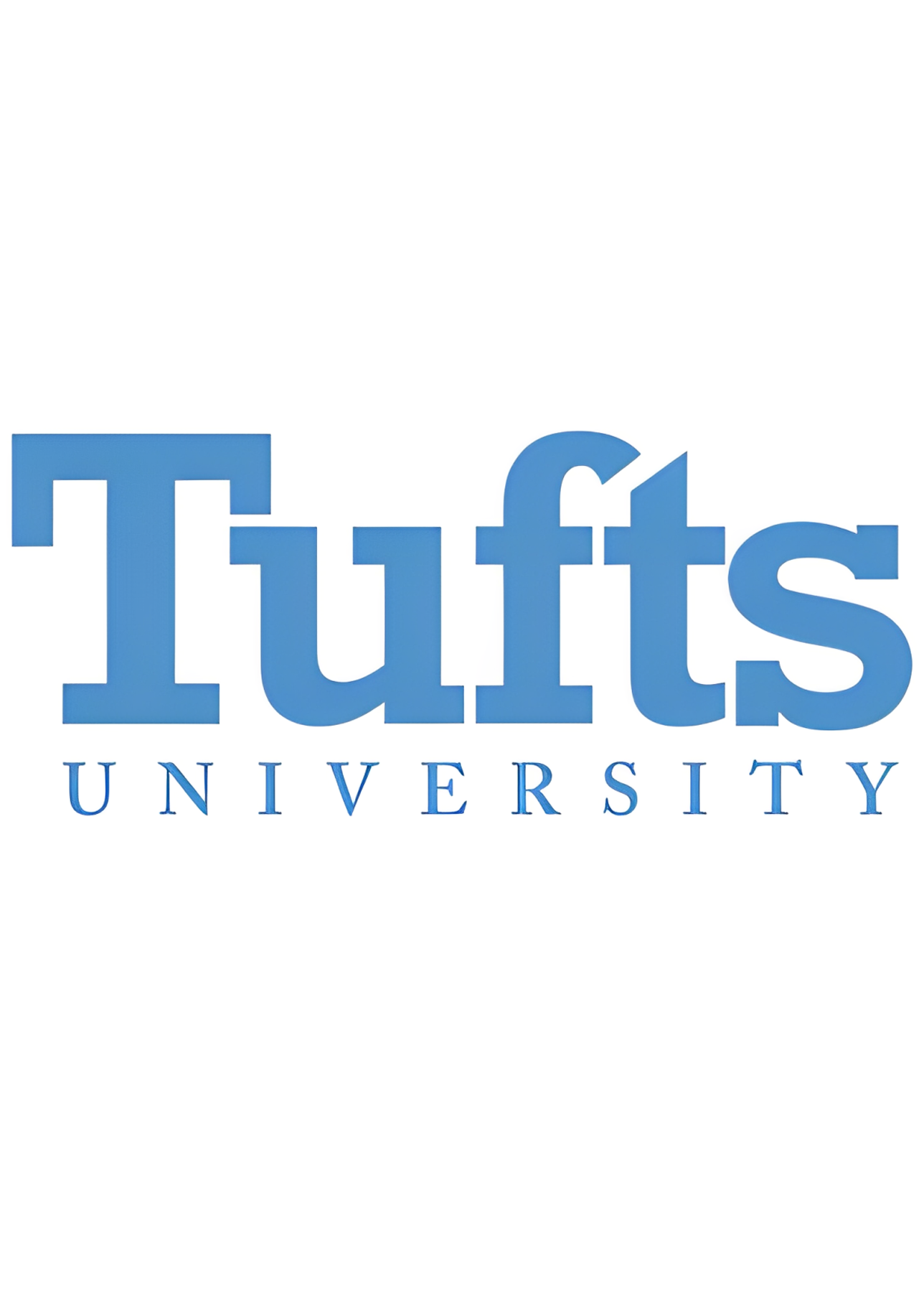With a master’s in economics, it’s possible to pursue employment as an economist, a professor, a budget/policy analyst, a market researcher, or a data scientist. People in these fields typically research economic issues, conduct surveys, collect data, and perform other duties related to the study of production and consumption. It’s also common for graduates to use statistical models for data analysis.
Median salaries range from $82,260 per year for a budget analyst to $113,940 per year for an economist, making this degree a worthwhile investment. In-state students pay an average of $19,749 in tuition and fees.
Why Trust Us
The Intelligent.com Higher Education Team is dedicated to providing students with independent, equitable school and program rankings and well-researched resources. Our expert-driven articles cover topics related to online colleges and programs, paying for school, and career outlooks. We use data from the U.S. Department of Education’s College Scorecard, the National Center for Education Statistics, and other reputable educational and professional organizations. Our academic advisory team reviews content and verifies accuracy throughout the year for the most current information. Partnerships do not influence rankings or editorial decisions.
- Analyzed over 2,000 national, accredited, and nonprofit colleges and universities
- 800+ rankings pages are reviewed and updated yearly
- Content is informed by reputable sources, surveys, and interviews with academic advisors and other experts
- Over 100 data points are reviewed for accuracy and quality throughout the year, including sources
How we rank schools
Our list features the best Economics degree programs at top colleges nationwide. Each school featured is a nonprofit, accredited institution — either public or private — with a high standard of academic quality for post-secondary institutions.
We evaluated each school’s program on tuition costs, admission, retention and graduation rates, faculty, reputation, and the student resources provided for online students. We collected data from trusted sources like the National Center for Education Statistics, individual school and program websites, school admissions counselors, and other data sources. Then, we calculated the Intelligent Score on a scale of 0 to 100 based on the following criterion:
Academic Quality:
- Admission rate versus enrollment rate
- Retention rate of students who return after year one
- Accreditation status (regional and programmatic)
- Nonprofit status, both private and public institutions
Graduation Rate
- Overall graduation rate
- Total number of currently enrolled students, including diversity metrics
- Student-to-faculty ratio
Cost and ROI
- In-state and out-of-state per-credit tuition rates and fees
- Required credits to graduate
- Earning potential after graduation
- Availability of federal student loans, scholarships, and other financial aid options
Student Resources
- Available student services for online-only and hybrid programs
- On-campus amenities like tutoring centers and the number of libraries
Read more about our ranking methodology.
Best 50 Accredited Master's in Economics Programs
FiltersInstitution Type
Status
- Intelligent Score
- Alphabetically By University Name
- Acceptance Rate
- Enrollment
- In-state Graduate Tuition
- Out-of-state Graduate Tuition
- In-state Undergraduate Tuition
- Out-of-state Undergraduate Tuition

Stanford University
Intelligent Score: 99.77In-state: $55,473
Out-of-state: $55,473
In-state: $54,315
Out-of-state: $54,315
SAT: 1420-1570
ACT: 31-35
$1,305
On-Campus
Western Association of Schools and Colleges Senior College and University Commission
45

Duke University
Intelligent Score: 99.58In-state: $55,880
Out-of-state: $55,880
In-state: $57,900
Out-of-state: $57,900
SAT: 1470-1570
ACT: 34-35
$3,635
On-Campus
Southern Association of Colleges and Schools Commission on Colleges
30

Johns Hopkins University
Intelligent Score: 98.94In-state: $54,160
Out-of-state: $54,160
In-state: $57,010
Out-of-state: $57,010
SAT: 1470-1560
ACT: 34-36
$1,800
On-Campus, Online
Middle States Commission on Higher Education
30

Georgetown University
Intelligent Score: 97.81In-state: $57,384
Out-of-state: $57,384
In-state: $53,136
Out-of-state: $53,136
SAT: 1380-1550
ACT: 31-35
$2,452
On-Campus
Middle States Commission on Higher Education
45

New York University
Intelligent Score: 97.28In-state: $52,204
Out-of-state: $52,204
In-state: $34,704
Out-of-state: $34,704
SAT: 1370-1540
ACT: 31-34
$2,157
On-Campus
Middle States Commission on Higher Education
32

University of Texas at Austin
Intelligent Score: 96.51In-state: $11,448
Out-of-state: $40,032
In-state: $12,028
Out-of-state: $12,028
SAT: 1210-1470
ACT: 26-33
Resident: $450
Non-Resident: $600
On-Campus
Southern Association of Colleges and Schools Commission on Colleges
30

Columbia University in the City of New York
Intelligent Score: 96.47In-state: $57,864
Out-of-state: $57,864
In-state: $49,024
Out-of-state: $49,024
SAT: 1460-1570
ACT: 33-35
$2,095
On-Campus
Middle States Commission on Higher Education
22

University of California, Los Angeles
Intelligent Score: 95.83In-state: $11,442
Out-of-state: $41,196
In-state: $11,442
Out-of-state: $11,442
SAT: 1310-1530
ACT: 30-35
$1,118
On-Campus
Western Association of Schools and Colleges
48

University of Wisconsin - Madison
Intelligent Score: 94.02In-state: $9,273
Out-of-state: $37,161
In-state: $10,728
Out-of-state: $10,728
SAT: 1260-1460
ACT: 27-32
$2,000
On-Campus
Higher Learning Commission
30

University of Southern California
Intelligent Score: 92In-state: $59,260
Out-of-state: $59,260
In-state: $47,880
Out-of-state: $47,880
SAT: 1340-1530
ACT: 30-34
$2,244
On-Campus
Western Association of Schools and Colleges, the Senior College and University Commission
32

University of Michigan - Ann Arbor
Intelligent Score: 90.56In-state: $16,520
Out-of-state: $53,669
In-state: $24,344
Out-of-state: $24,344
SAT: 1340-1520
ACT: 31-34
Resident: $755
Non-Resident: $1,520
On-Campus
Higher Learning Commission
38

Boston University
Intelligent Score: 90.04In-state: $56,854
Out-of-state: $56,854
In-state: $56,854
Out-of-state: $56,854
SAT: 1310-1500
ACT: 30-34
$1,994
On-Campus
New England Commission of Higher Education
32

University of Illinois Urbana-Champaign
Intelligent Score: 89.96In-state: $14,317
Out-of-state: $33,824
In-state: $15,016
Out-of-state: $15,016
SAT: 1200-1460
ACT: 27-33
Resident: $394
Non-Resident: $794
On-Campus
Higher Learning Commission
40

Texas A&M University - College Station
Intelligent Score: 88.87In-state: $8,395
Out-of-state: $36,849
In-state: $6,775
Out-of-state: $6,775
SAT: 1160-1380
ACT: 26-32
Resident: $431
Non-Resident: $973
On-Campus
Southern Association of Colleges and Schools Commission on Colleges
32-36

Georgia Institute of Technology
Intelligent Score: 86.6In-state: $28,106
Out-of-state: $49,218
In-state: $27,898
Out-of-state: $27,898
SAT: 1370-1530
ACT: 31-35
In-State: $508
Out-of-State: $1.551
On-Campus
Southern Association of Colleges and Schools Commission on Colleges
30

North Carolina State University
Intelligent Score: 86.12In-state: $6,535
Out-of-state: $26,654
In-state: $9,095
Out-of-state: $9,095
SAT: 1230-1410
ACT: 27-32
Resident: $525
Non-Resident: $1,635
On-Campus
Southern Association of Colleges and Schools Commission on Colleges
30

Tufts University
Intelligent Score: 85.66In-state: $59,560
Out-of-state: $59,560
In-state: $54,196
Out-of-state: $54,196
SAT: 1380-1530
ACT: 32-35
$1,797
On-Campus
New England Commission of Higher Education
30-43

University of Maryland
Intelligent Score: 85.03In-state: $8,824
Out-of-state: $34,936
In-state: $13,158
Out-of-state: $13,158
SAT: 1270-1480
ACT: 30-34
$760
On-Campus
Middle States Commission on Higher Education
30
How to Choose a Master’s in Economics Program
Choose your area of study
When choosing an area of study, it’s important to define your professional goals. A master’s in economics prepares you for several careers, so think about how you’d like to spend your working hours. If you enjoy analyzing data, you may want to choose a program with a data science concentration. A program with an emphasis on finance and business might be a better fit if you want to be a budget analyst.
Research schools and programs
Before exploring each program in detail, consider your preferred schedule and learning format. Some schools offer hybrid schedules, which combine traditional classes with online classes. Others require you to come to campus for every class. If you plan to work full-time while completing your master’s in economics, you may need a program that offers evening and weekend classes.
Check each program’s accreditation status. Accredited institutions meet the standards set by the U.S. Department of Education (DOE), so accreditation is a sign that a college or university offers high-quality educational programs.
For each program on your list, gather the following information:
- Is there a specialization that matches your interests, such as data science or financial management?
- How many credits do you need to complete?
- Are students required to complete an internship or cooperative education experience?
Prepare for tests and applications
Once you have a list of potential programs, start gathering your application materials and preparing for standardized tests. For a master’s in economics, you may need to take the GRE or the GMAT. Many schools also require letters of recommendation, transcripts from previous colleges, and a personal statement.
If it’s been a while since you took a standardized test, consider enrolling in a test prep program. Taking practice tests and learning new test-taking strategies may help you perform well on the GMAT or GRE.
Select your program
If you’re accepted to multiple programs, think about which one is the best fit for your goals and your budget. Consider the number of specializations available, the location of each program, and the availability of financial aid. If you’re interested in internships, think about the type of support available in each area.
Before you choose a program, ask plenty of questions. Current students and graduates are an excellent source of information about the quality of a master’s in economics degree program. Now, you’re ready to choose a program that matches your personal and professional goals.
Determine how you’ll pay for your degree
The last step is to think about how you’ll pay for your master’s in economics degree. Start by searching for scholarships and grants. If you served in the military, check with the Department of Veterans Affairs to determine if you qualify for any service-related education benefits. Another option is to take out student loans.
If you want to access federal loans and grants, be sure to fill out the Free Application for Federal Student Aid (FAFSA). You may even be able to complete a paid internship to cover some of your tuition and fees.
What Can You Expect From a Master’s in Economics Program?
Economics focuses on the production, distribution, and consumption of goods and services. Therefore, a master’s in economics program usually includes coursework in macroeconomics, microeconomics, statistics, and quantitative analysis. If you specialize in behavioral economics, expect to take courses in consumer psychology, public policy, social psychology, and political science.
How long it takes to complete a master’s in economics depends on whether you enroll full-time or part-time. It also varies based on the number of credits included in the curriculum. For full-time students, it typically takes two years. If you attend part-time, it may take four years or more.
Some programs have a thesis component, which involves conducting original research and presenting the results to a committee composed of faculty members. To prepare for this portion of a graduate economics program, you may have to complete courses in writing and research methods.
Potential courses you’ll take in a master’s in economics program
- Microeconomics. Microeconomics helps students understand how consumers, businesses, and government agencies interact in the marketplace. Topics covered include supply and demand, economic constraints, types of competition, market failures, and government intervention.
- Macroeconomics. Rather than focusing on individual choices, macroeconomics examines economic systems. Students typically learn about fiscal policy, monetary policy, unemployment, inflation, aggregate spending, and the effects of government policy on the economy.
- Money and banking. Students learn about the importance of financial institutions in an economic context. Topics covered include the Federal Reserve System, the power of the U.S. Treasury, international payments, the use of fiscal and monetary policy to control key economic indicators, and international banking systems.
- Game theory. Game theory focuses on strategic decision-making. Microeconomics is all about how consumers and business owners make decisions related to goods and services. Therefore, taking game theory can help you use mathematical modeling to make critical financial decisions.
- Managerial economics. Managers must allocate labor, capital, and other resources in a way that maximizes profits. Managerial economics focuses on using economic measures to allocate resources wisely. Students typically use the principles of economics, statistics, and business to develop pricing strategies, produce market forecasts, and set appropriate production levels.
Master’s in Economics Degree Frequently Asked Questions
How do I apply to a master's in economics degree program?
To qualify for admission to a master’s in economics program, you’ll need to fill out an application, provide letters of recommendation, and submit your undergraduate transcripts. Some schools also require GRE/GMAT scores, a current résumé, or a personal statement explaining why you want to study economics and what makes you a good candidate for the program.
If your school of choice requires letters of recommendation, request them as early as possible. Choose references who know you well enough to describe your academic achievements and explain why you’re a good fit for the school. Before submitting your application, speak with an admissions counselor to ensure you have everything you need.
How much does a master's in economics degree cost?
For the 2020-2021 academic year, graduate school tuition averaged $19,749. This is based on in-state tuition rates. Public schools are the most affordable option, averaging $12,394 per year. Private schools charge significantly more. During the 2020-2021 school year, private institutions charged an average of $26,621 in tuition.
Tuition is only one of the costs associated with attending graduate school. You also need to think about room and board, textbooks, school supplies, and transportation. If you plan to complete an internship, be sure to account for the cost of professional clothing in your budget. Online schools may charge a technology fee to cover the cost of software, video conferencing tools, and other resources.
How long does it take to earn a master's in economics?
How long it takes to complete a master’s in economics depends on several factors. It may take less time to finish your degree if you enroll in an online program, as online learning is more flexible than on-campus learning. It may take longer to complete your degree if you attend part-time instead of full-time or need extra time to finish your thesis.
The length of a master’s in economics program also depends on the number of credits included in the curriculum. Generally, it takes two years of full-time study or four years of part-time study.

